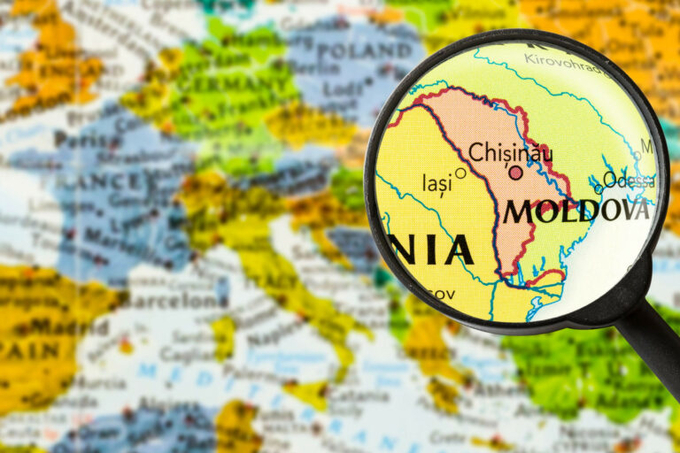June 18, 2025 | 13:05 GMT +7
June 18, 2025 | 13:05 GMT +7
Hotline: 0913.378.918
June 18, 2025 | 13:05 GMT +7
Hotline: 0913.378.918

At a national level, Moldova was allowed to export poultry products to the EU in March 2023. Photo: Canva.
Moldovan authorities indicate that this is an important milestone for the country’s poultry industry, which has been struggling long and hard to become eligible to export broiler meat and eggs to the EU. “The EU is opening its doors wide for producers from the Republic of Moldova,” ANSA claimed.
At the national level, Moldova was allowed to export poultry products to the EU in March 2023. However, it took nearly 1.5 years for the first company, whose name is not specified, to receive permission to begin actual deliveries.
Moldovan President Maia Sandu welcomed the development. In a statement posted on her Facebook page, Sandu stated: “Obtaining the right to export fresh poultry meat [to the EU] shows that Moldovan producers know how to ensure European standards of food safety and high quality.”
The EU is Moldova’s key economic partner. According to the Economy Ministry, 65% of Moldovan exports are sent to the EU market. In 2023, Moldova did not export meat, partly due to the avian influenza outbreaks in the country. These outbreaks significantly undermined the poultry industry’s investment potential, as reported by a local news outlet, Mold Street, citing local market players.
Low capacity utilisation ratio
The Moldovan poultry industry is comprised of 43 industrial farms and nearly 227,000 individual farms, growing around 6 million poultry in total. In addition, 24 slaughterhouses run in the country with an annual capacity of around 45,000 tonnes of broiler meat. Egg production is estimated to be close to 253 million pieces per year.
Under favourable circumstances, Moldova could boost poultry meat production 2 or 3-fold from the current level, the Moldovan poultry manufacturers association claimed in a statement issued a few years ago. Speaking at that time, head of the organization, Nikolay Kovash, claimed that the existing farms operated at a capacity utilisation ratio between 35% and 50%.
To change things for the better, Kovash called for authorities to adopt a comprehensive industry development programme, including protection of the domestic market from imports, lowering VAT for poultry farmers and streamlining state procurement systems. However, the state support system has not changed much in Moldova in recent years.
(Poultryworld)

(VAN) After 5 years of implementation, the CAI initiative has helped coffee growers change their farming practices, moving toward responsible agriculture that meets global export standards.

(VAN) The primary prerequisite for the comprehensive and robust integration of Vietnam's livestock sector into the global value chain is the establishment of a disease control system.

(VAN) The results of national programs are essential for establishing a contemporary livestock sector that is well-equipped to meet the demands of both domestic and international markets, with robust biosafety standards.

(VAN) The UNESCO Global Geopark revalidation of Non nuoc Cao Bang and the transition to a two-tier administrative model are presently undergoing a pivotal moment in Cao Bang, the northernmost province of Vietnam.
/2025/06/13/5330-2-004539_953.jpg)
(VAN) Changing policy mindset and removing investment barriers are urgent requirements to open up new development space for enterprises in the agricultural sector.

(VAN) The areas include the restoration of five million hectares of marine ecosystems.

(VAN) Dr. Le Van Nguyen, Director of the Institute of E-Commerce Management (ECM), emphasizes the potential for green development through the cultivation of fruit trees, particularly in provinces such as Son La.